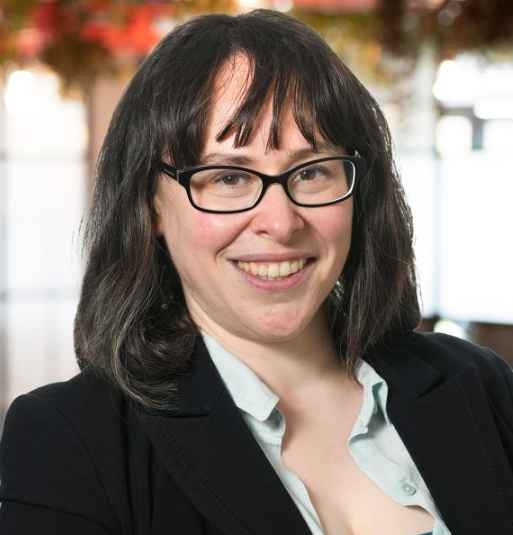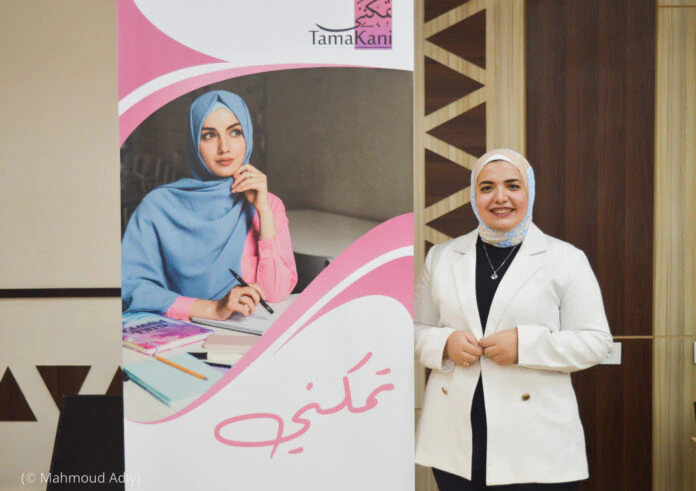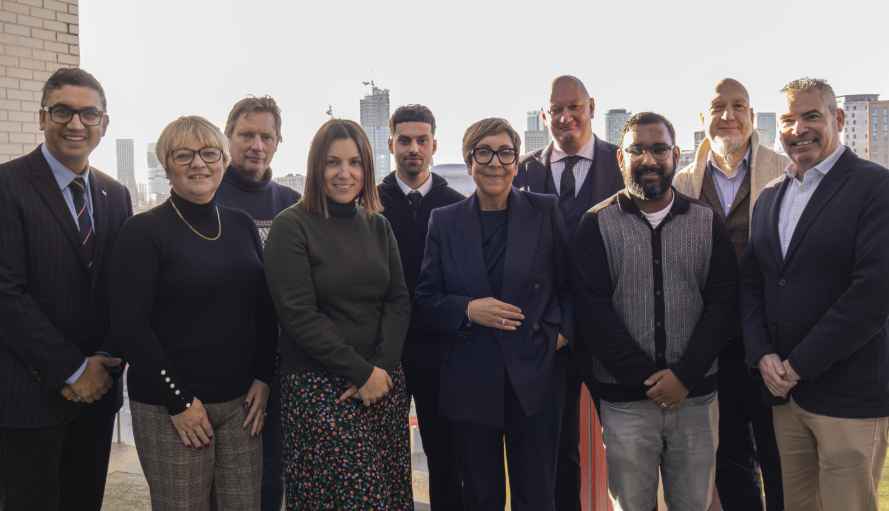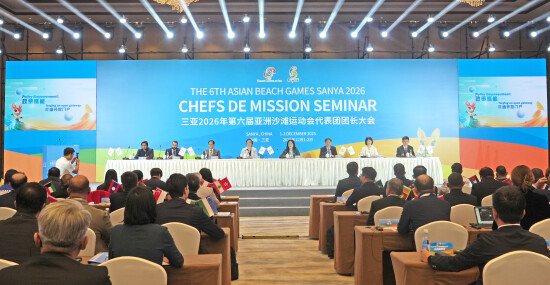When Lamiaa Salah told her parents she planned to leave her home in Asyut, Egypt, to pursue education and a career in Cairo, they did not want her to leave.
Salah says Egypt’s conservative society sometimes presents challenges to women who wish to find jobs, and that education and professional opportunities for women outside of Cairo may be limited.
But she persisted, even inviting her parents to accompany her to Cairo. When they saw her passion for learning, they gained confidence in her dream of becoming a successful businesswoman.
In college, Salah became interested in sustainable development, particularly the role of women. She interviewed other women and found many wrestling with the same challenges she faced. “Young women in rural areas are hungry for education and career advancement, but they do not know where to start,” she said.
In 2021, Salah launched the training and mentorship business TamaKani. It promotes equal access to Egypt’s labour market by providing women job-training skills that boost their chances of getting hired.
Named for the Arabic word for “empower,” TamaKani now has over 7,000 participants and has helped 150 women find jobs. Its business partners come from an array of local organizations and its participants from nine different Egyptian governorates.
Salah credits the U.S. Department of State’s Academy for Women Entrepreneurs (AWE) with helping her launch TamaKani. She is among over 150 AWE participants since the program entered Egypt in 2020. Worldwide, AWE has equipped more than 16,000 women with the knowledge, networks and access they need to launch or scale businesses since 2019.
“This program covered every detail that a start-up entrepreneur must take into account when launching a business, from naming a brand to making a business pitch to the legal aspects in intellectual property,” Salah said.
She wants TamaKani to provide other Egyptian women career-launching learning and development opportunities. TamaKani offers more than 20 professional skills training programs, including marketing and graphic design, as well as resume-writing and interviewing. To match women with courses, TamaKani evaluates participants’ technical skills, English-language ability and learning style.
TamaKani’s trainers, most of whom are women, measure participants’ progress throughout the program and pair students with companies that are recruiting for jobs, internships and volunteer opportunities.
“The cultural and traditional mindset is a huge thing to change,” Salah says. “Knowing that many women face the same obstacles I did, one of my biggest dreams is to support and empower the women of Egypt.”











